Staying Fit

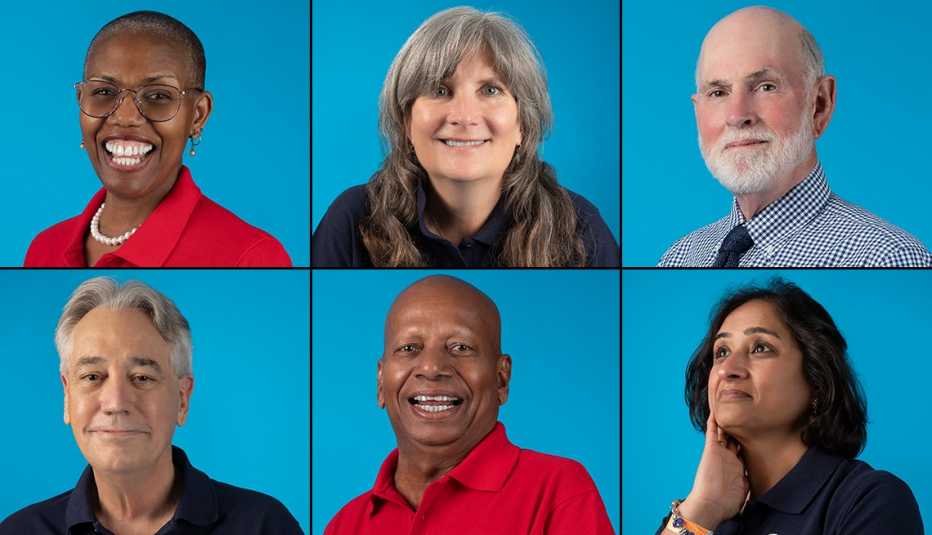
When President John F. Kennedy started the Peace Corps in 1961 the idea was that young people right out of college would answer his call to: “Ask not what your country can do for you — ask what you can do for your country.” Sixty years later, a small but dedicated cadre of older Americans have also become volunteers serving those in need around the world.
From Belize to Nigeria to Albania to Ghana, the work of nearly 7,000 Peace Corps volunteers in 61 countries was abruptly cut short in March 2020 when the COVID-19 pandemic forced the organization to evacuate all its workers in the field. Of those volunteers, 232 — 3.4 percent of the Peace Corps’ total — were age 50 or older.


AARP Membership— $12 for your first year when you sign up for Automatic Renewal
Get instant access to members-only products and hundreds of discounts, a free second membership, and a subscription to AARP the Magazine.
While many of the evacuated volunteers are at home waiting for the suspension of overseas Peace Corps work to be lifted, some have found another way to serve. Beginning in late May, 158 volunteers have been deployed to Illinois, Maine, Maryland, New Jersey and Oregon to work with the Federal Emergency Management Administration's COVID-19 vaccine effort. Some are working in mobile vaccination centers in hard-to-reach communities. Others are reaching out to help community organizations provide information to those who have yet to get a vaccine.
This isn't the first time the Peace Corps and FEMA have teamed up for public service. In 2005, 270 volunteers responded to the call to help FEMA's relief operation along the Gulf Coast after Hurricane Katrina.
What many people may not know is that there is no upper age limit to joining the Peace Corps. Here are six inspiring profiles of older adults who heeded the call to serve in the Peace Corps abroad — and now at home.

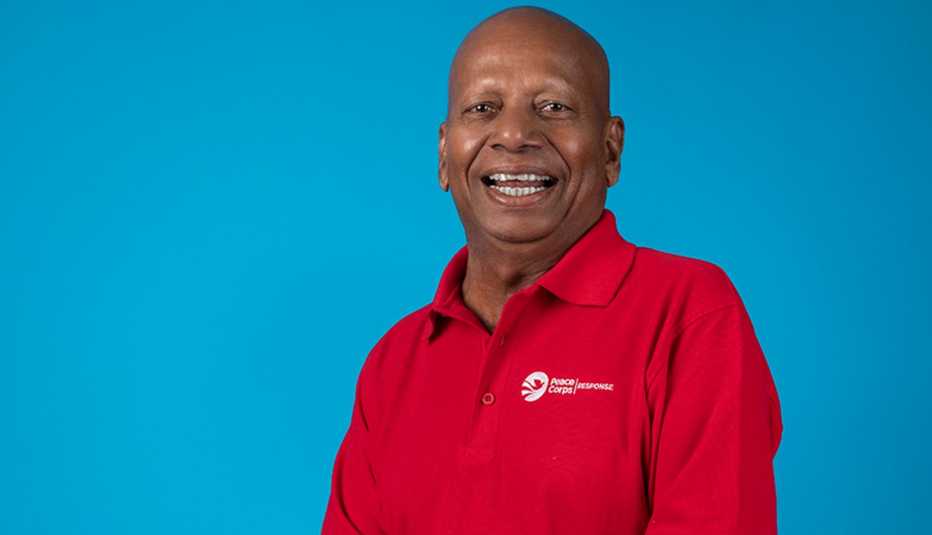
Still helping at 80
He was a missionary teacher in Nigeria, a nurse in Massachusetts, a chiropractor, a senior care specialist for the state of Maine and the owner of a home health care agency. But Alexander Philiphose wasn't ready to put his feet up, even after he'd “retired” to Longboat Key, on the west coast of Florida.
"I wanted to do something different,” says Philiphose, who at 80 is the oldest Peace Corps volunteer. “I wanted to see if I could do this, learn a new language, go to a different country, a different culture."
Philiphose was posted to Zambia, a return to Africa after many decades. Born in India, he had been with a Catholic mission school in Nigeria soon after he graduated from college. While there he got to know a group of young Peace Corps volunteers. After leaving Nigeria, he got a scholarship to do graduate work at Boston College, met his wife and remained in the United States.
I want to do whatever I can to help the rest of population. Everybody’s not safe until everybody’s vaccinated.
Asked the obvious question — wasn't he worried he couldn't cut the physical requirements of being a Peace Corps volunteer in rural Africa at his age? — Philiphose says he was a little anxious but not worried. “I still practice every day. I walked three miles this morning,” he says, a few days before he joined the FEMA COVID-19 team in New Jersey. Asked what his two children thought of their octogenarian father enlisting in the Peace Corps, Philiphose said they didn't stand in his way. “They were totally surprised, but they said, you allowed us to do what we wanted in our lives, so who are we to tell you not to do this."
Philiphose is bullish on older Americans joining the Peace Corps. “I keep telling them they ought to get more people with more experience. There are a lot of healthier 80-year-olds in America who could be helping. All of us should be helping."
While in Zambia he assisted the clinicians in a small medical clinic 65 miles from Lusaka, the country's capital. His main focus was to get more people tested and treated for HIV and help them remain compliant so they wouldn't get sick. Philiphose sees the connection between that work and helping FEMA persuade as many people as possible to get the COVID-19 vaccine.
"We did more or less the same thing in telling Zambians to go get tested so they would know whether they are positive or negative so they could get treatment,” he says. “This is a big problem in Zambia, where people don't want to know. They would rather get sick because they don't want to have this stigma associated with being positive for HIV."
Philiphose wants to do all he can to combat vaccine hesitancy in the U.S. “We know it works because more than 50 percent of the population has gotten it now,” he says. “I want to do whatever I can to help the rest of population. Everybody's not safe until everybody's vaccinated."

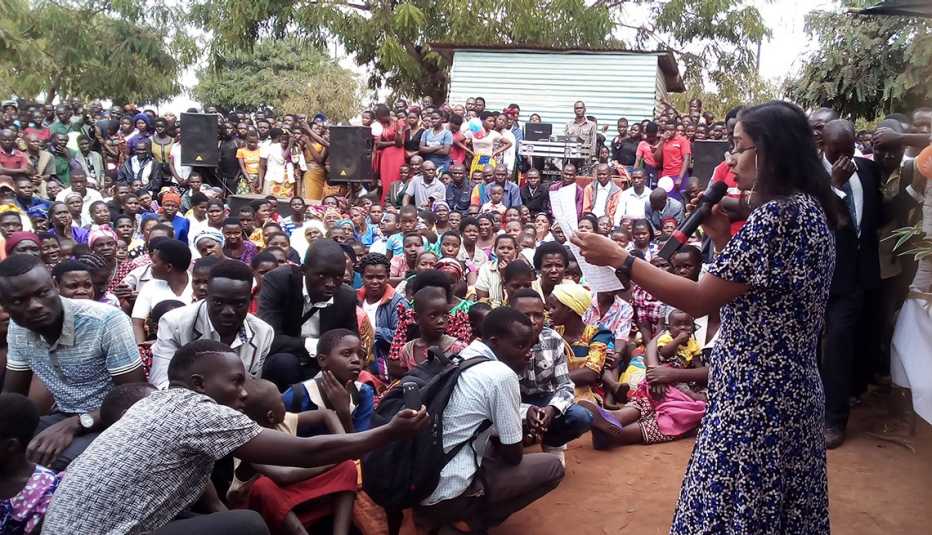
A dream fulfilled
Learning the ways and culture of a new and very different country is a hallmark of being a successful Peace Corps volunteer. For Vishakha Wavde, entering that world was a kind of rerun of what she experienced when in her 20s she emigrated from India to the United States.
As a young woman, Wavde answered an ad in an American newspaper seeking physical therapists. Almost three decades later the Chicago area resident can still remember what it was like to see things through the lens of a newcomer and that has made it easier for her to respect the customs and values of the people she is trying to help.
It was an experience Wavde had with a physical therapy client who had been a Peace Corps volunteer that put the notion of joining into her head. “When I met this lady and saw what she had done — giving back to a community — it hit a chord in me, and I said, Hopefully, one day I'll be able to do this. It just kind of hit a spark in my heart."
Wavde began volunteering at local food pantries, libraries, “any place that needed an extra hand.” But she kept coming back to the Peace Corps and the nagging at the back of her mind that she should go for it. Every few years she'd open the Peace Corps website but think, Now is not the year, and life would go on. “Eventually, when I was turning 50, I thought: You know, it's now or never,” Wavde says.

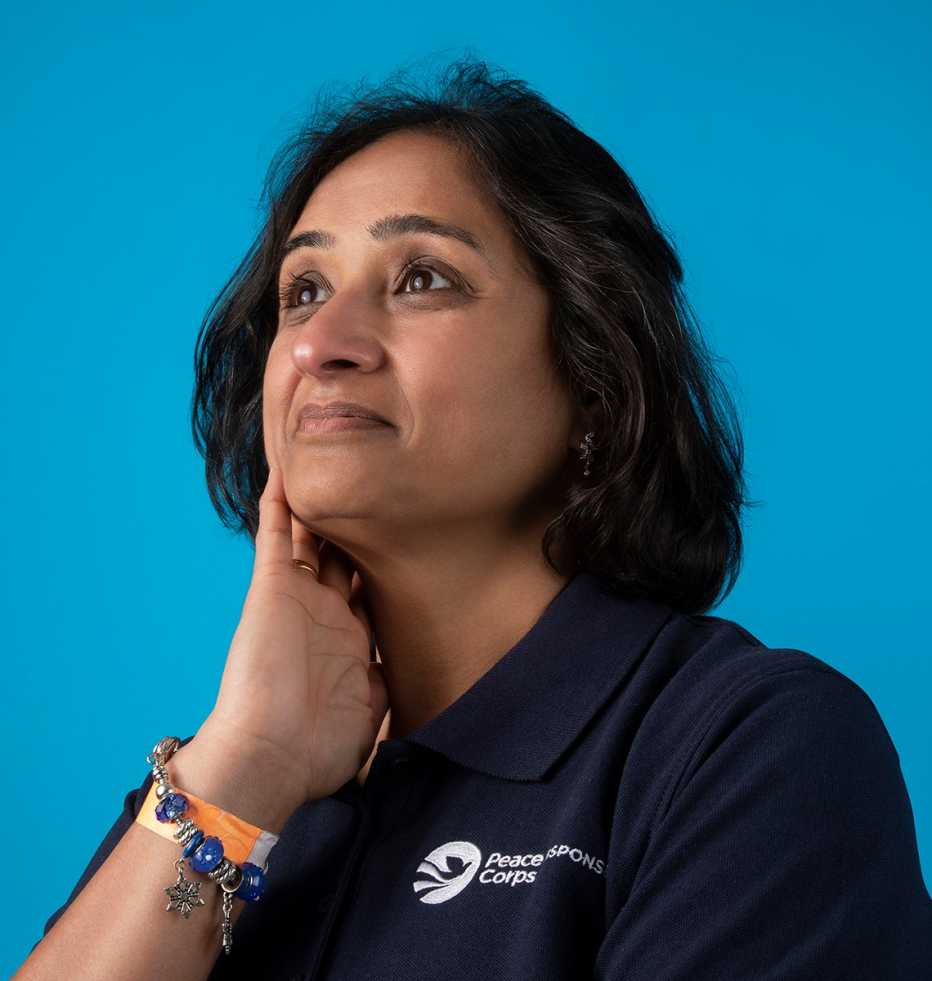
Eventually, when I was turning 50, I thought: 'You know it’s now or never.'
She applied and in 2019 became a community health adviser in Kabadula, Malawi, in southeastern Africa. She and others in her volunteer group focused on helping people learn how to prevent malaria and HIV. They would stage soccer games or other activities — like cooking demonstrations — to bring messages of healthy living and nutrition to these communities.





























































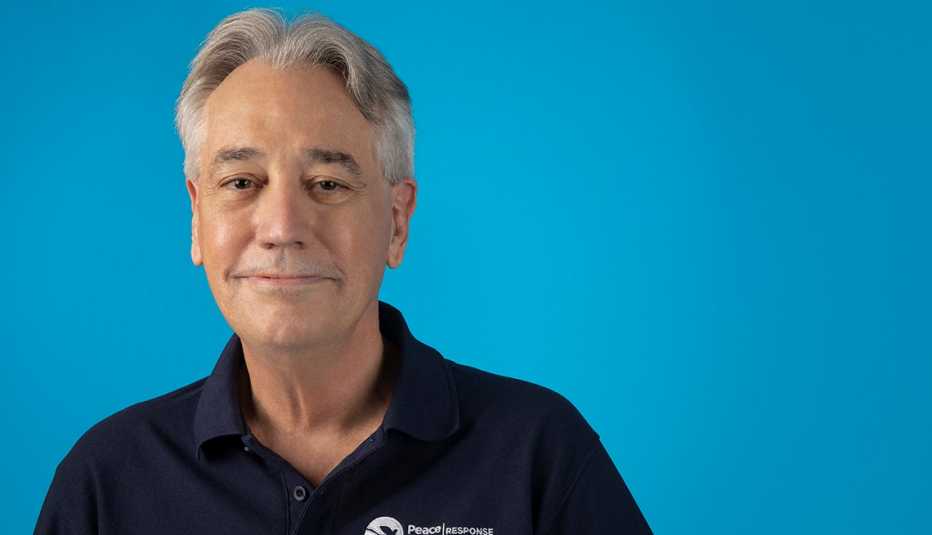
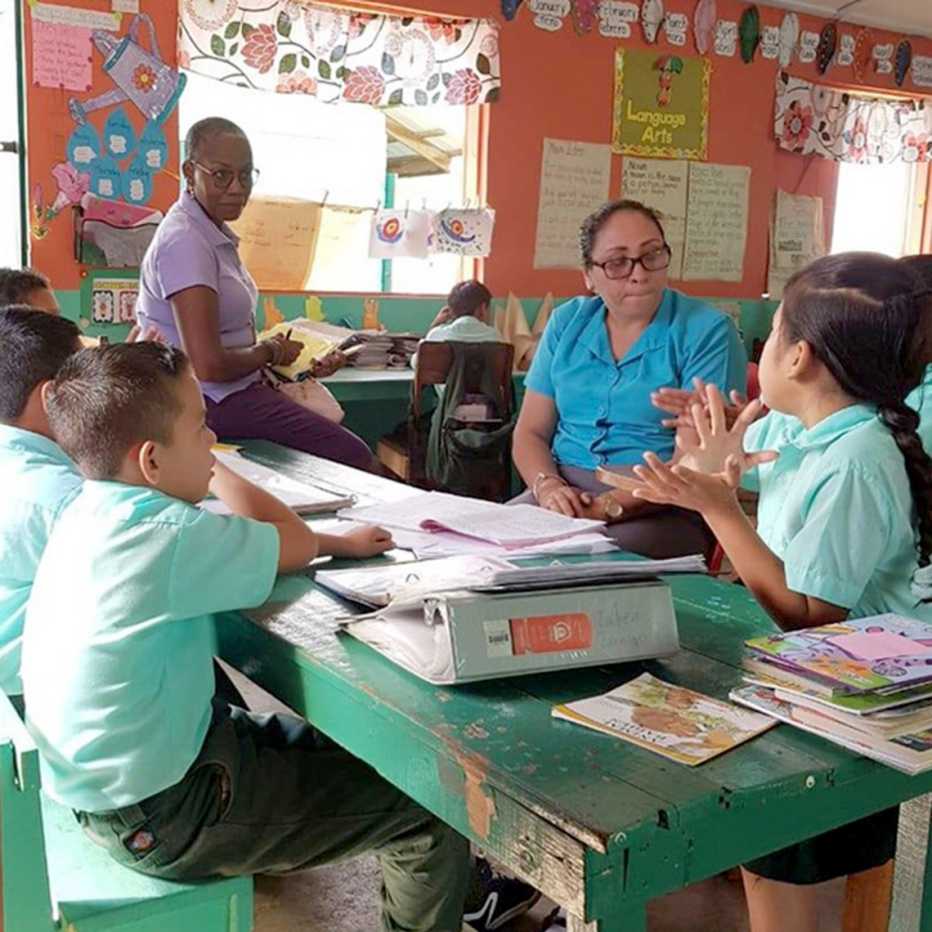
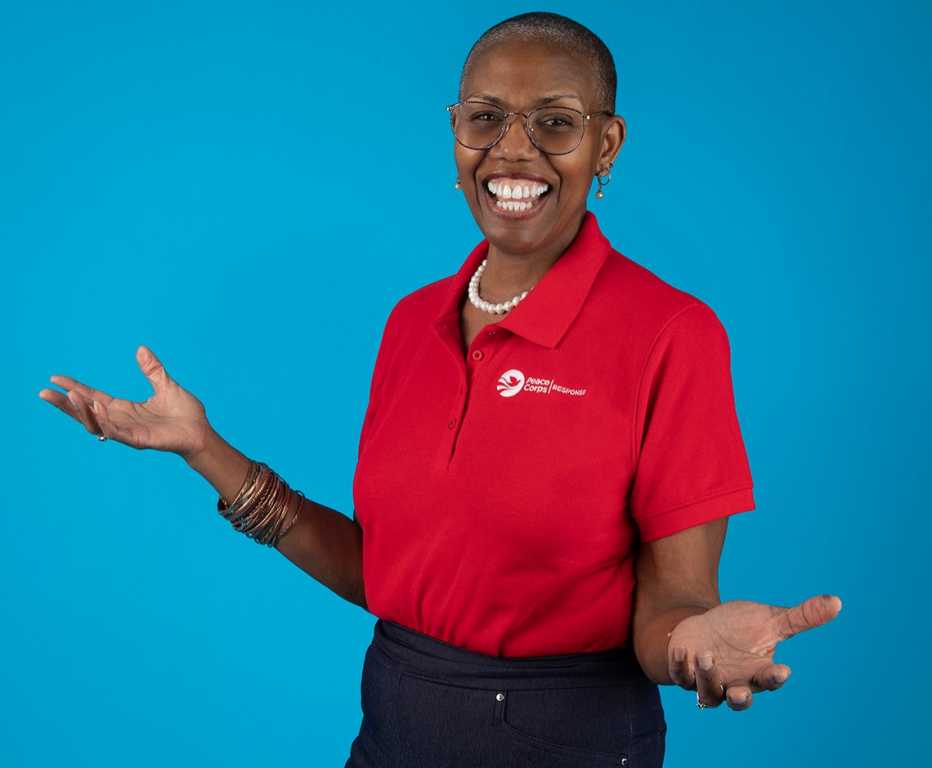
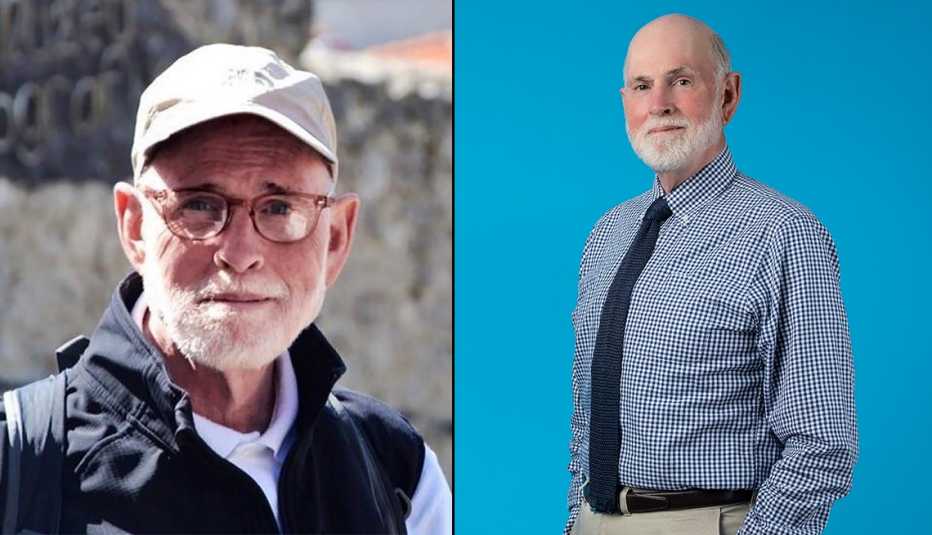
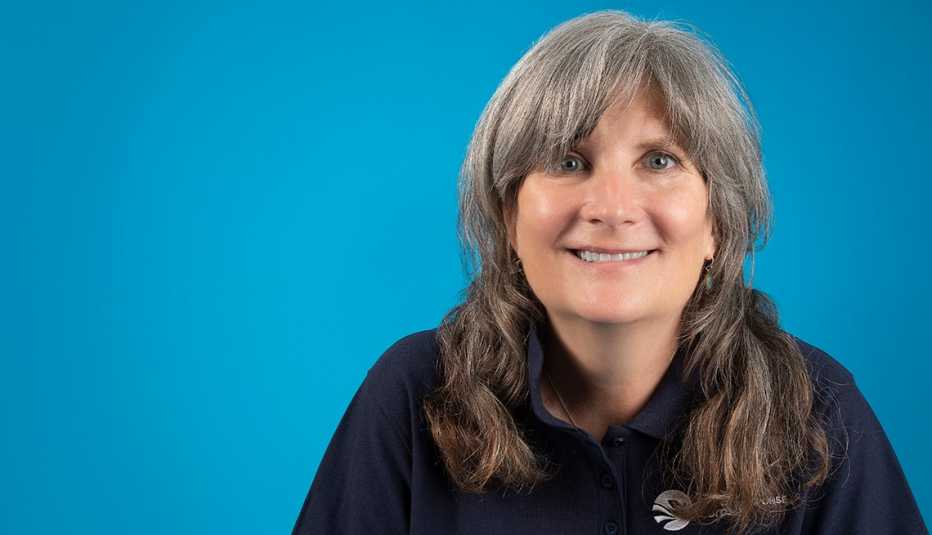




More on health
Coronavirus
Coronavirus News - COVID-19, Pandemic, Stimulus, Unemployment, Quarantine, Home Life, Nursing Homes, Caregiving, TechnologyCOVID Survivors Face PTSD, Anxiety
Experts say hospital ICU stays, often faced alone, bring mental health woes to older patients in particularHealth Care Workers Face Anxiety and Stress Fighting COVID-19
Frontline professionals need to address their mental health while helping others